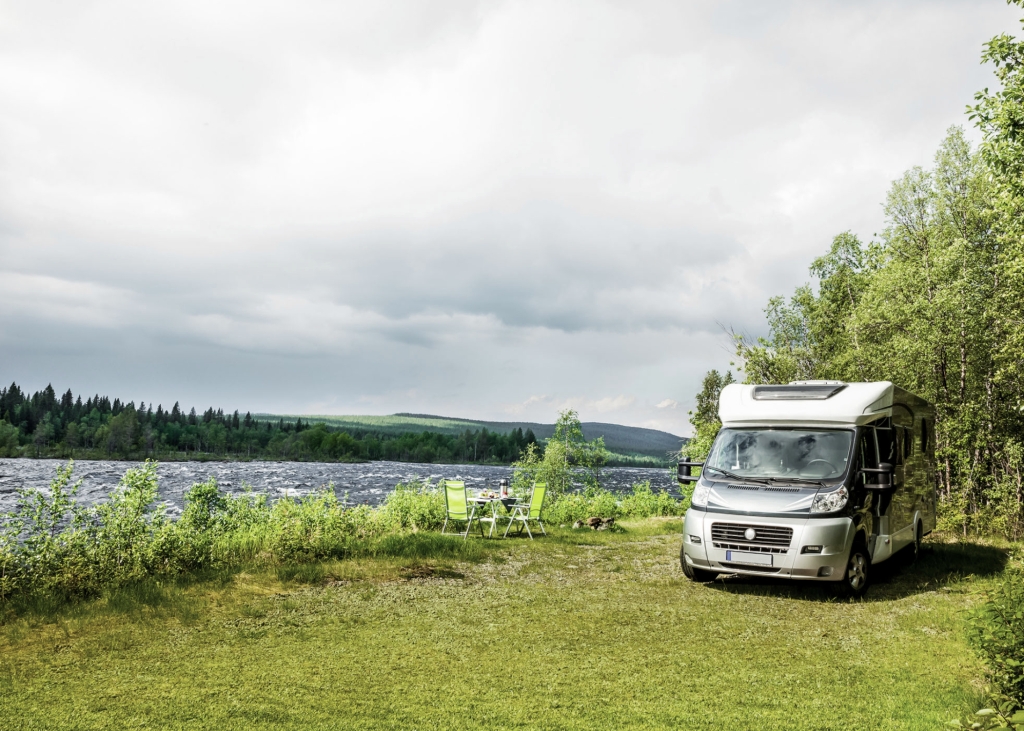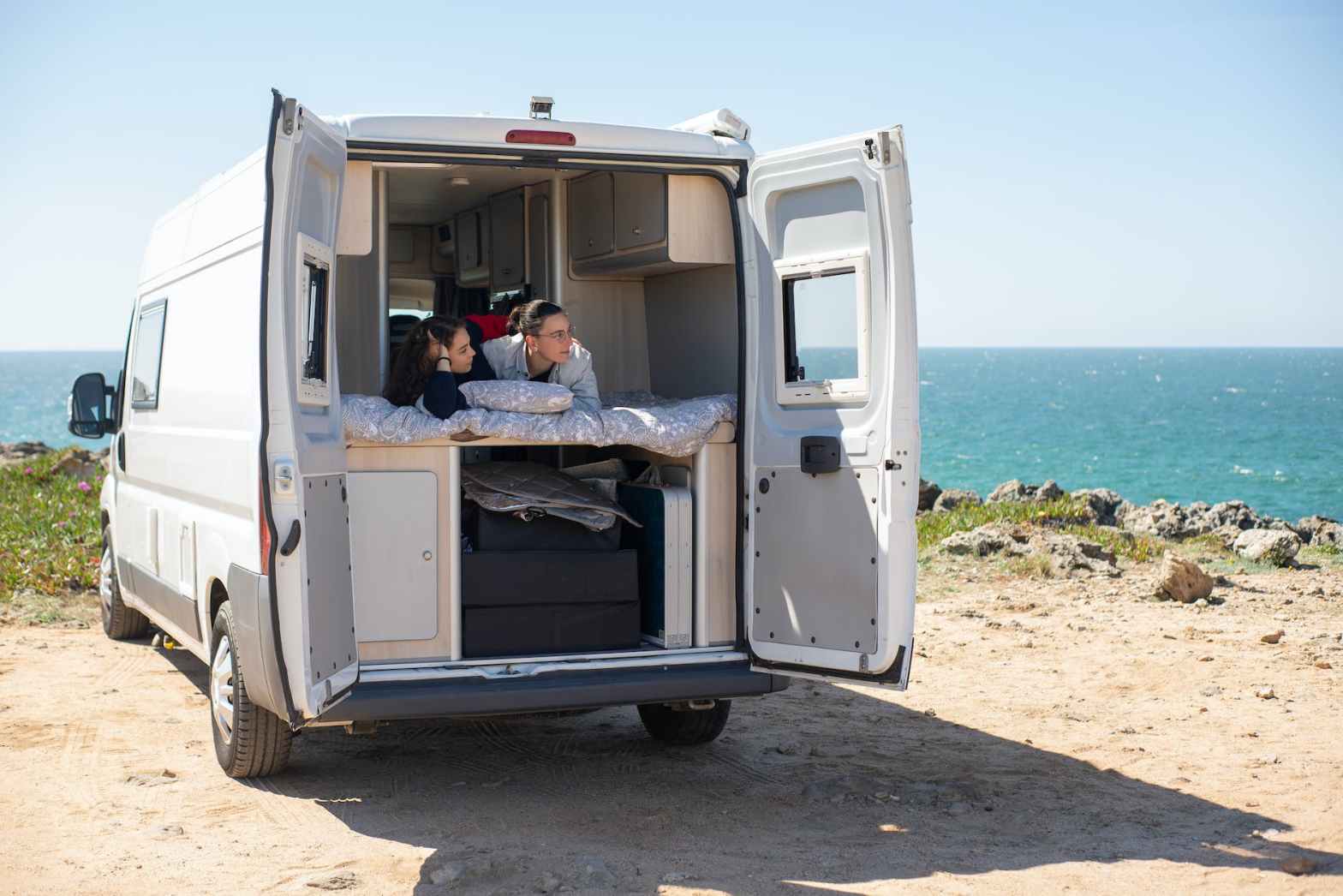The idea of living in a van has been romanticised in popular culture as a way to escape the stresses of modern life and live a simpler, more adventurous lifestyle. But is it really cheaper than renting in the UK?
Let’s break down the costs and see how they stack up.

Mortgage or Rent Costs First, let’s consider the biggest expense for most people: housing. In the UK, the average monthly rent for a one-bedroom flat is around £650-£900, while a mortgage can cost anywhere from £500-£1500 per month, depending on the size and location of the property.
On the other hand, buying a van and converting it into a liveable space can cost anywhere from £5,000 to £30,000, depending on the size and level of build quality and fittings. Once you have your van, there are no monthly mortgage or rent payments to worry about.
Heating and Utilities The cost of heating a bricks and mortar home can be significant, especially in colder months. On average, heating and electricity bills can cost around £100-£150 per month for a flat or a small house.
In a van, heating costs will depend on your setup. Some people opt for wood-burning stoves or diesel heaters, which can be cheaper than electric or gas heating. You can also install solar panels to generate electricity and reduce your reliance on grid power.
Council Tax Charges If you live in a bricks and mortar home, you will likely have to pay council tax. The amount varies depending on the value of your property, but it can range from £1,000 to £3,000 per year.
If you live in a van, you may be able to avoid council tax altogether. However, this depends on your circumstances and whether you are considered a “permanent resident” in a particular area.
Maintenance Costs Like any vehicle, a van will require regular maintenance to keep it in good working order. This can include things like oil and filter changes, tyre changes, and brakes repairs.
The cost of maintenance will depend on the age and condition of your van, as well as how much work you are willing to do or can do yourself. On average, you can expect to spend around £200-£400 per year on basic maintenance and an MoT test.
Fuel Costs Of course, a van also requires fuel to run. The cost of diesel in the UK can vary widely, but as of March 2023, the average price is around £1.65 per litre.
The amount you spend on fuel will depend on how much you drive and how fuel-efficient your van is. On average, you can expect to spend around £100-£200 per month on fuel.
Campsite Costs If you plan to live in a van full-time, you will need to find somewhere to park it overnight. You have two main options: stay at campsites or park up in wild camping locations.
Campsites can be a convenient option, as they often have facilities like showers, toilets, and laundry facilities. However, they can also be expensive, with some sites charging £20-£30 per night.

Wild camping, on the other hand, is free, but it can be more challenging to find suitable locations. You also need to be aware of the rules and regulations around wild camping in the UK.
So, is living in a van cheaper than renting in the UK? The answer is, it depends. If you are willing to invest in a van and make some lifestyle adjustments, it can be a cost-effective way to live. However, there are also additional expenses to consider, such as maintenance and fuel costs, as well as the challenge of finding suitable places to park.
Ultimately, whether van life is right for you depends on your personal priorities and circumstances. If you are looking for a way to simplify your life, reduce your expenses, and explore the great outdoors, living in a van might be a perfect fit. However, if you prefer the comforts of a traditional home or have a family to consider, van life might not be the best option.
It’s also important to remember that living in a van is not a panacea for financial troubles. While it can be cheaper than renting or buying a home, it still requires careful budgeting and financial planning. It’s also not a viable solution for everyone, as it requires a certain level of physical and mental resilience to live in a small, confined space for long periods of time.
In conclusion, living in a van can be a more affordable option for those looking to downsize and simplify their lives. However, it’s important to carefully consider all the costs and challenges involved before embarking on this lifestyle. By doing your research, planning your finances, and being realistic about your expectations, you can make an informed decision about whether van life is right for you.
